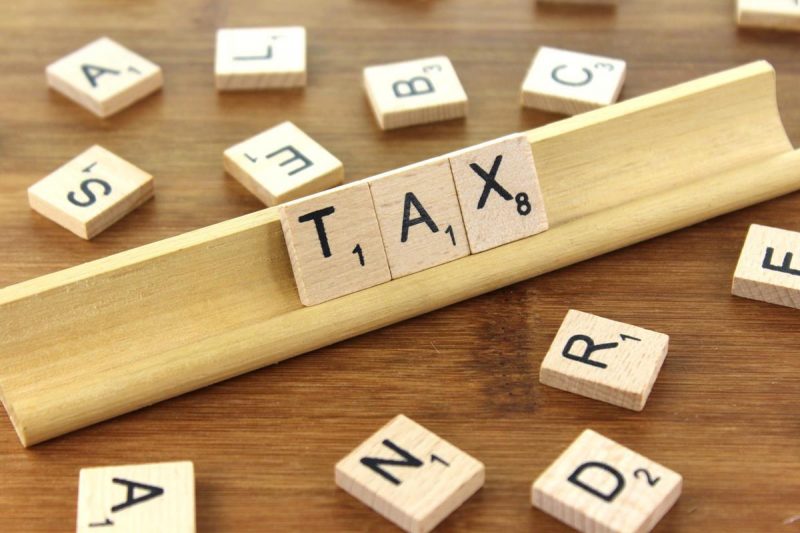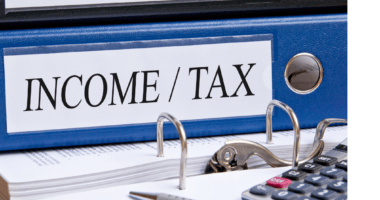The ITR filing due date is fast approaching. You are required to file your income tax return for AY 2019-20 (FY 2018-19) by 31 August 2019. Salaried and small business taxpayers who are not subject to audit should file their tax returns by 31 August 2019. Here’s a look at the benefits of filing within the due dates:
1. Avoid payment of late filing fees
Taxpayers have to pay a late filing fee of Rs 5,000 for belated filing of ITR after 31 August 2019. The late filing fees is Rs 10,000 for delay beyond 31 December 2019 until 31 March 2020. However, the late filing fee is Rs 1,000 for gross total income up to Rs 5 lakh.
Taxpayers whose gross total income is below the basic exemption limit of Rs 2.5 lakh are not liable to pay the late filing fee.
Also Read: ITR filing to get easier with pre-filled investment and interest income data
2. Early processing of refund
The income tax department processes the refunds of taxpayers upon the filing of their tax returns. An early filing of ITR enables early processing of refunds.
3. Carry forward of loss
You may have a loss from capital market transactions or a loss from house property or business. You may want to carry forward such loss to the next assessment year for set off. You need to file an ITR to report and carry forward the losses if any.
4. Proof of tax compliance
An income tax return filed serves as proof of tax compliance. Your ITR provides a comprehensive picture of your annual income. Your ITR filed also enables processing of loan applications for housing, educational purpose and so on. Similarly, your ITR also serves as proof for visa processing.
5. Avoid penalty and prosecution
A penalty of 50% may be leviable on the tax payable on under-reported income. The amount of penalty is up to 200% in the case of misreporting of income. Consequently, a taxpayer deliberately omitting income or misrepresenting income is liable for a higher penalty.
Additionally, the taxpayer underreporting income may be prosecuted and punished with rigorous imprisonment. The period of imprisonment is a minimum of three months extending up to seven years and with a fine.
I am a Chartered Accountant by profession. I specialise in personal taxes and corporate income tax matters. I am an avid reader and track developments in financial markets, economy and other market developments.





